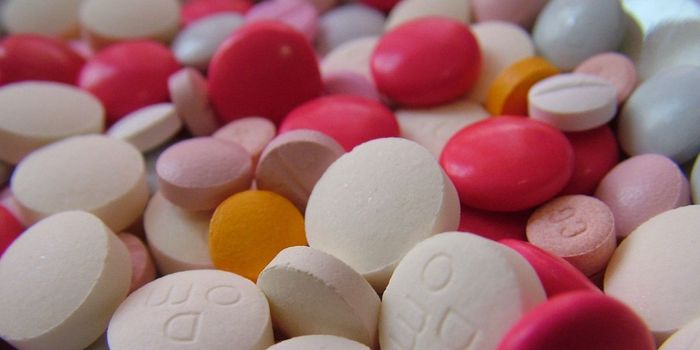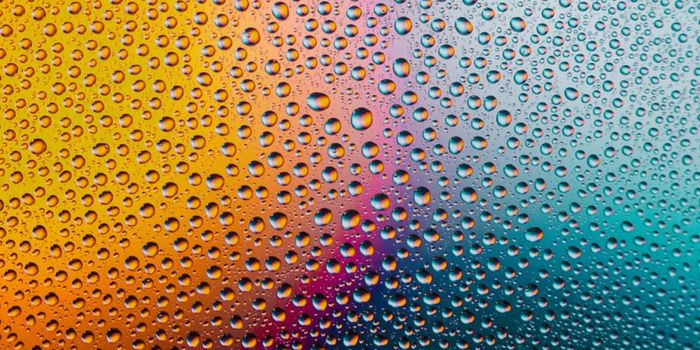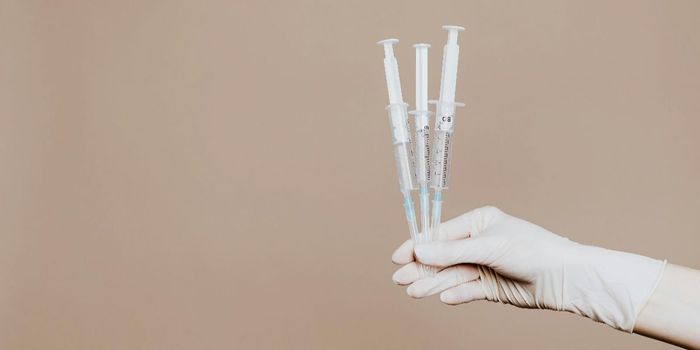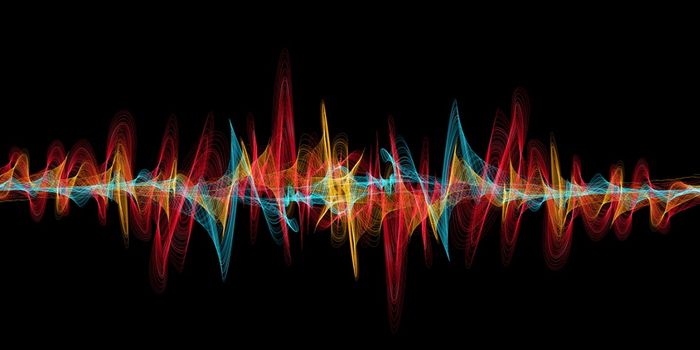Intermittent Fasting May Promote Recovery From Nerve Damage
There is an ever-increasing number of links that are being found between microbes in the human gut and our health. Researchers have now used a mouse model to show that intermittent fasting alters the activity of gut bacteria in a way that promotes the repair of nerve damage. In fasting mice, gut bacteria produced more of a molecule called 3-Indolepropionic acid (IPA), which has a normal role in the regeneration of the ends of nerves called axons. The findings have been reported in Nature.
Because the bacteria that generate IPA, Clostridium sporogenesis also live in the human gut, and IPA is naturally found in the human bloodstream, the researchers are hopeful that these findings will hold true for humans.
Other research has suggested that intermittent fasting may have some health benefits. Some studies have found a link between intermittent fasting and wound repair and new neuronal growth as well, but this research is " .. the first to explain exactly how fasting might help heal nerves," noted study author Professor Simone Di Giovanni of Imperial College London.
There are few treatment options, if any, for people with nerve damage, so the researchers were interested in determining whether lifestyle changes might help people with these issues in their recovery, said Di Giovanni.
In this study, the researchers used a mouse model in which their sciatic nerve was severely damaged. Half of the mice then were put on an intermittent fasting diet; they could eat whatever they wanted, then nothing, on alternating days. The other half of the mice had no diet restrictions. After several days on the diet and monitored recovery, the researchers found that axon growth was 50 percent greater in the diet-restricted mice.
Further work revealed that in mice that fasted intermittently, there were higher levels of certain metabolites, including IPA. The researchers cleared mice of gut microbes, then the mice microbiomes were modified with Clostridium sporogenesis that could or could not produce IPA. The nerve regeneration that had been observed was disrupted when mice carried microbes that were incapable of producing IPA. If mice that had a sciatic nerve injury were treated with IPA orally, there was more nerve regeneration and recovery.
"This suggests that the IPA generated by these bacteria has an ability to heal and regenerate damaged nerves," Di Giovanni said.
Now the researchers are interested in testing whether this approach also works for spinal cord injury, and whether higher IPA levels increase recovery. They also want to follow up on these findings in humans.
"One of the questions that we haven't explored fully is that, since IPA lasts in blood for four to six hours in high concentration, would administering it repeatedly throughout the day or adding it to a normal diet help maximize its therapeutic effects?"
There are many more questions to be answered when it comes to human health and gut bacteria.
"One of our goals now is to systematically investigate the role of bacteria metabolite therapy." Di Giovanni added.
Sources: Imperial College London, Nature









